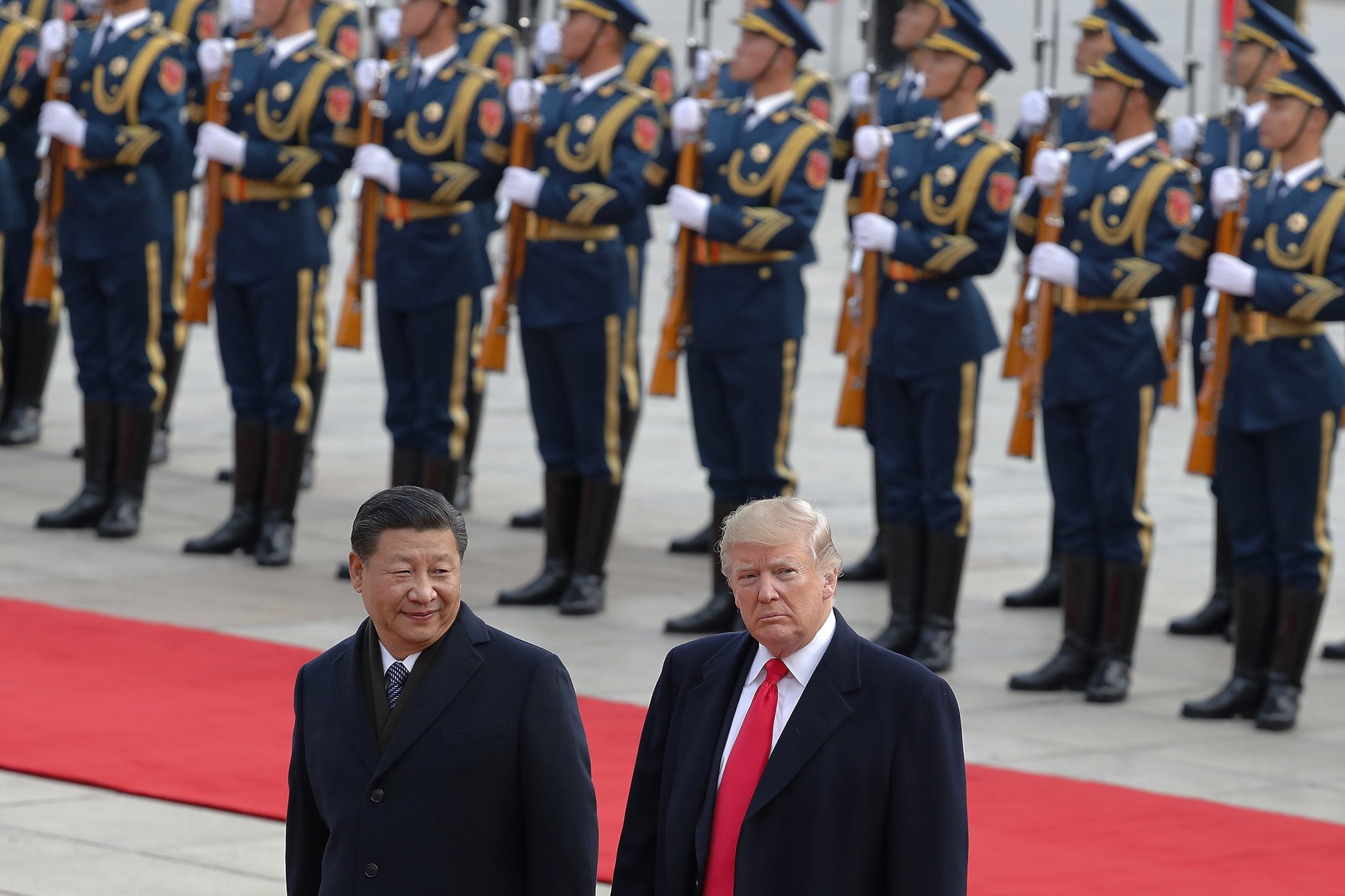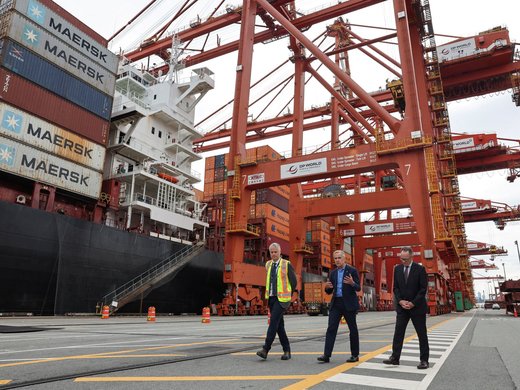A trade war threat on China from the United States is nothing new. Back in the early nineties, both countries were on the brink of trade war over intellectual property (IP) disputes. Fast forward two decades later, and the threat looms again. While all eyes are on Trump’s latest tariffs, China’s main concern is the ongoing investigation into its IP and technology-transfer policies. In fact, the current investigation under Section 301 of America’s Trade Act 1974, could be the tipping point to a trade war.
The most distinct feature in this round of trade war chess lies in the trade brinkmanship applied by the Trump administration. The Chinese are aware of the president’s stronghold approach to managing his government and its relations with China. Trump is putting pressure to push through his unilateral and controversial trade policies. The recent tariffs imposed on imported steel and aluminum, as well as those on solar panels and washing-machines support this trend.
While the US steel industry argues that China’s cheap products are flooding the world market and negatively impacting the US steel sector, in reality, China only accounts for 2 percent of the United States’ imported steel. What’s really weighing on China is the 301 investigations into its IP and technology-transfer policies.
Section 301 gives the US Trade Representative broad authority to take measures against a foreign country’s unfair trade practices. The United States is challenging China for alleged violations of IP rights and practices of forced technology-transfers; whereby if an American company wishes to do business in certain areas in the form of joint ventures with a Chinese firm, it often has to share its IP (such as trade secrets or industrial designs). The 301 investigations have potential for broad sanctions on China such as high punitive tariffs on its exports (for examples high-tech products like semiconductors and telecommunications equipment) and restrictions on Chinese investment in the United States This would be detrimental to China and provoke retaliatory trade measures.
The former Trans-Pacific Partnership (TPP) could have been an effective tool in preventing China from pursuing its IP policies; the TPP’s high-standards could have encouraged China to improve its IP practices over a period of years. However, the Trump administration eliminated this option when it exited the agreement. Instead, the United States has turned to more direct measures by relaunching the 301 investigations.
If the investigations find China guilty, then China would be forced to take immediate actions to improve its practices (versus the more drawn out process under the TPP) or else face punitive tariffs. This American domestic law-based tactic employed by the United States bypasses the World Trade Organization’s rules on trade-related intellectual property rights. The threat of immediate action, punitive tariffs and illegal bypass could provoke China to seek retaliation.
China’s made strong attempts to soften its strained trade relations with the United States, but the IP investigations can be viewed as a slight to these efforts. For example, China promised to further open its financial sector by lifting restrictions on foreign investment in China’s insurance, bank and securities sectors. Back in early March, Chinese President Xi’s top economic adviser, Liu He, met with the White House’s top trade officials in Washington. He asked for the appointment of an authorized representative to handle U.S. and China relations and for the U.S. to prioritize a list of its wants from China. However, media reports indicate that Mr. Liu’s efforts were unsuccessful. And it seems, all of China’s efforts to ease its U.S. trade relationship have been ignored.
Perhaps a threat of retaliation is the only way for China to get Trump’s attention. Unlike US allies Canada and the European Union, China is labelled as a strategic competitor in the latest U.S. National Security Strategy. With Trump’s suspension of the Comprehensive Economic Dialogue, a high-level exchange mechanism, the United States and China no longer have any mechanism for negotiations. Without this type of buffer zone, once a trade war starts it would be difficult to stop as little avenues exists to facilitate productive and meaningful discussions. While trying to fix the troubled trade relations with the U.S., China is preparing for the worst, and tit-for-tat retaliations aimed at imported American goods such as soybeans, Apple products, Boeing planes, and Hollywood movies have been discussed.
The United States’ biased presumptions that the highly risk-averse Chinese leader will do everything possible to prevent a trade war may be what compels the president to push too hard. While Chinese leaders are in fact risk averse and deeply appreciative of the importance of stable economic relations with the U.S., they would never concede when facing the unilateral, forcefully imposed, trade war threats coming from the States. A strong enough threat may very well leave Chinese leaders with no room for compromise and the 301 investigations could be that trigger.
For trade war to be avoided, China and the United States must compromise, and that means finding a subtler way to deal with their IP issues. Over the last three decades, the increasing economic interdependence between the two countries is the basis and stabilizer for US-China relations. Compromising that stability through careless trade tactics, such as the 301 investigations, are not worth it. Instead, both countries should expand in the areas they share common ground, such as; energy, finance, infrastructure investment, agriculture.
Looking for shared values instead of picking fights would be beneficial to both countries and the rest of the world.
This article originally appeared in The Hill.



